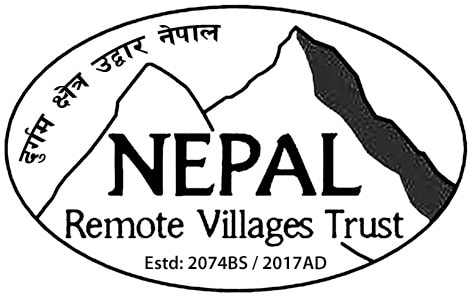|
Jaleshwori Community Farm was set up in 2019. It is owned by NRVT Nepal and is run for the benefit of the whole community.
Altered climatic conditions mean that traditional crops and farming practices are inadequate and often no longer provide sufficient nourishment to keep the mountain people strong and healthy. However, subsistence farmers are reluctant to use their limited growing space to trial new crops. They eke a living from a very small amount of land and if the harvest fails there is literally less to eat. Jaleshwori Community Farm has been planted up with over 100 fruit and nut trees which will be grown on and grafted to provide extra nutrition for the community and offer potential cash crops. Additionally, the trees will help prevent landslides which can destroy fragile roads and terraces. They also sequestrate carbon. The Farm is also a centre for trying out new crops, and for demonstrating new techniques and modern organic farming practices. |
Donate a tree to a Jaleshwori family and become part of the solution.
Trees sequestrate carbon and are great for the environment. 
Jaleshwori Community Farm is funded in collaboration with Hendra Trade BV.
If you are a company or individual interested in becoming a funding partner for one of our projects, please contact us. |
According to Wikipedia, Carbon Sequestration is...
"... the process involved in carbon capture and the long-term storage of atmospheric carbon dioxide or other forms of carbon to mitigate or defer global warming."
Trees, including fruit and nut trees, act as natural carbon sinks to return atmospheric carbon to the soil. This is another important benefit of planting an orchard on the NRVT community farm.
"... the process involved in carbon capture and the long-term storage of atmospheric carbon dioxide or other forms of carbon to mitigate or defer global warming."
Trees, including fruit and nut trees, act as natural carbon sinks to return atmospheric carbon to the soil. This is another important benefit of planting an orchard on the NRVT community farm.






